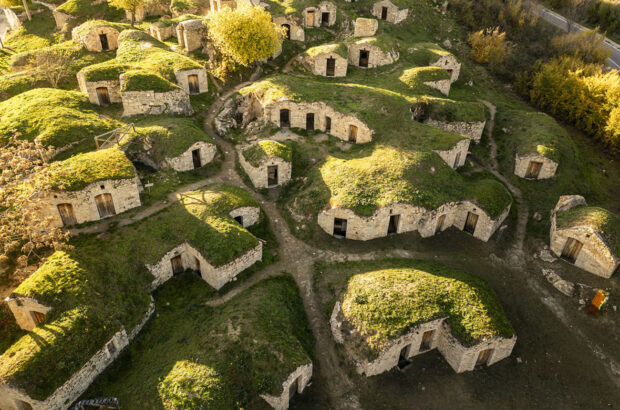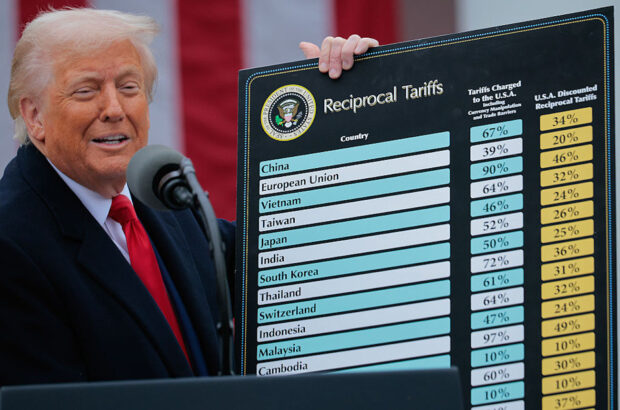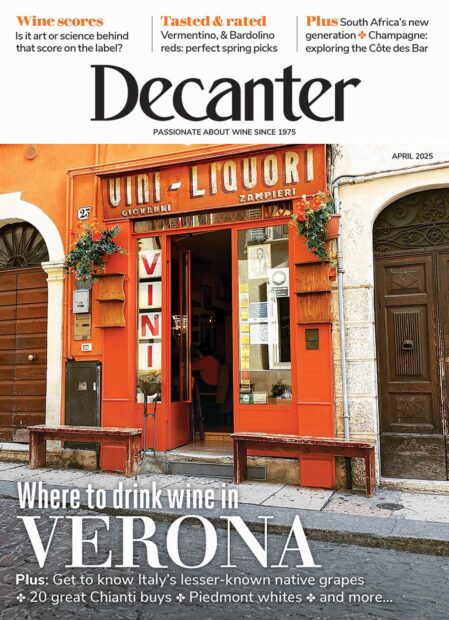Organics and screwcaps could be the way forward for Chateau Margaux, according to new research by the Bordeaux first growth.
The estate’s managing director and winemaker, Paul Pontallier, claimed that organic farming was the future direction for Margaux. ‘We are very close to organic farming. I think it’s a matter of a couple of years,’ he said at a London seminar.
Pontallier presented 16 wines at the event, including wines produced using alternative farming methods.
The organic and biodynamic examples rated more highly than those conventionally farmed among trade members.
Margaux also unveiled its experiments with alternative wine closures on the estate’s second wine, Pavillon Rouge.
‘We’ve all been disappointed and frustrated by corked bottles. Another closure would be welcome if it is better,’ he said.
While trials on synthetic corks were ‘absolutely catastrophic,’ screwcaps fared better.
A 2003 red wine sealed with an impermeable screwcap closure was preferred to the same wine sealed with a cork or a permeable screwcap at yesterday’s event. Pontallier revealed that this was consistent with tests at the estate.
‘If we have consistent proof that it works better, I don’t see how we could resist,’ said Pontallier on moving to screwcaps.
The same test on a 2004 white wine from the property drew a less conclusive result from both the audience and Pontallier, who preferred natural cork.
‘It’s very difficult to draw conclusions and every time we do these experiments, we don’t agree. Or if we agree it’s on things we don’t expect to agree on,’ he added.
Written by Beverley Blanning MW







